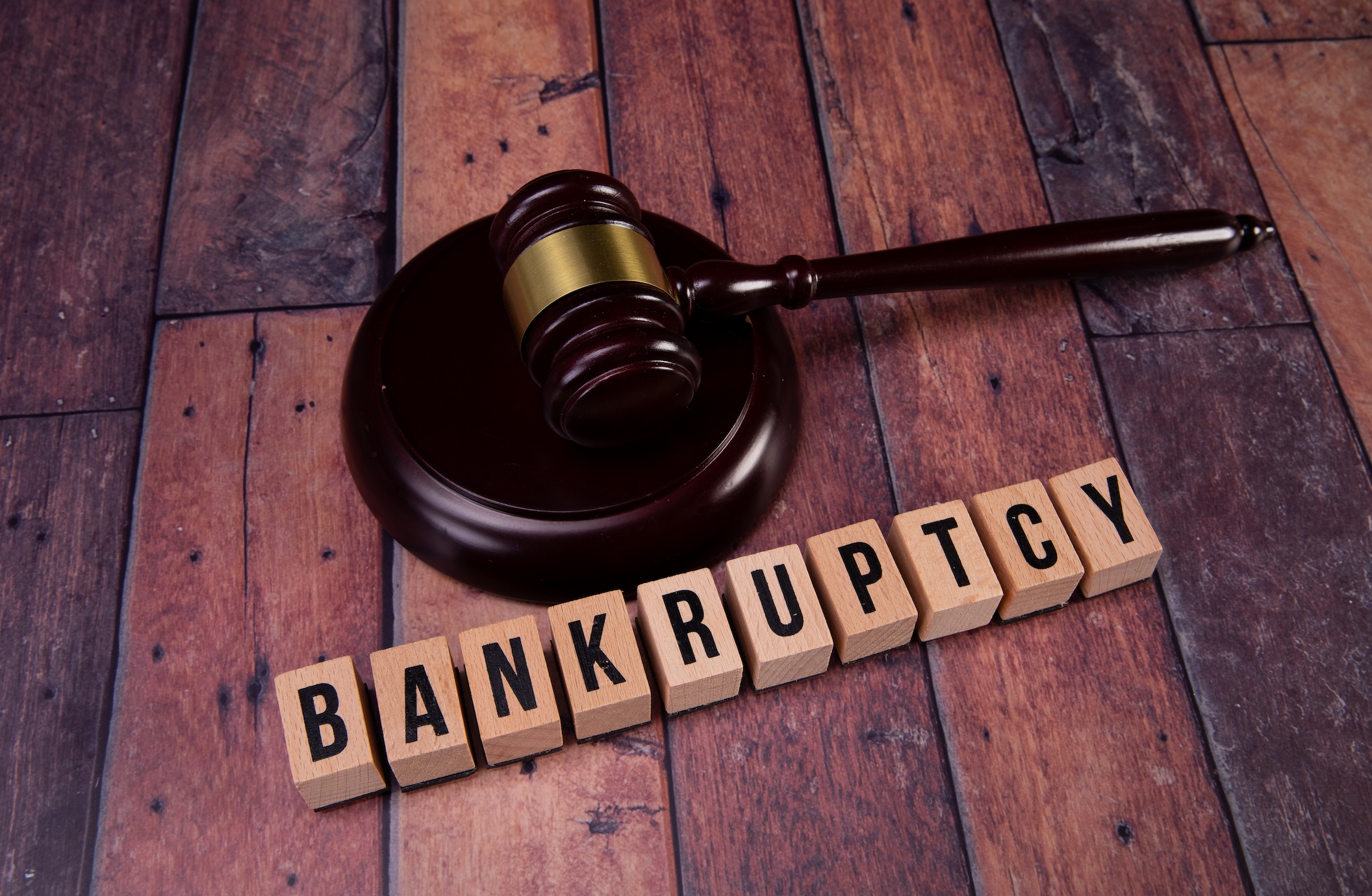Since you’ll be dealing with lawyers and court clerks for the next few months, now would be a good time to educate yourself a bit on legal matters.
Washington, DC – While many people view bankruptcy as hitting rock bottom, it’s actually, in many cases, a good option. That’s because, when you file for bankruptcy, you are getting legal help to settle your debts, and clean your slate. One major benefit of filing for bankruptcy that has numerous people consulting their lawyers is debt discharge.
In other words, filing for bankruptcy can erase a significant amount of debt, and make it easier for you to settle the rest.
But what debts can you get rid of through bankruptcy, and how?
Chapter 7 bankruptcy – how do you discharge debt?
Chapter 7 bankruptcy basically means a complete liquidation of a filer’s assets, in order to settle a debt. Chapter 7 bankruptcy may be the only option in some bankruptcy cases, where the filer does not have enough income to guarantee a payment plan (Chapter 13 bankruptcy).
Chapter 7 bankruptcy doesn’t completely waive your debts, however. It can only remove some debts from your score, while it relies on the liquidation of assets to pay off the other non-dischargeable debts.
What kind of debts can be written off in Chapter 7 bankruptcy?
- Medical bills;
- Credit card charges, fees, or overdue;
- Auto accident claims;
- Business debt;
- Personal loans (including from family and friends);
- Overdue utility bills;
- Repossession deficiency balance;
- Some unpaid taxes;
- Overdue civil court dues;
- Past-due rent;
- Some lawyer fees.
It’s best to consult with Washington bankruptcy lawyers, to figure out which specific debts filing for bankruptcy under Chapter 7 will disperse for you.
How this works:
While bankruptcy court is able to dissolve numerous debt types, it doesn’t offer a completely clean state. Although the court does dissolve the debt, thus absolving you from having to pay it, it will still show up as “discharged in bankruptcy” on your record over the next 10 years. This will negatively impact your credit score and can create financial roadblocks for you in the future.
What debts are non-dischargeable?

Filing for bankruptcy can’t erase all of your debts. Here are some debts that you won’t be able to get rid of, even with the help of the best District of Columbia bankruptcy lawyers:
- Student loans – considered one of the hardest debts to erase, student loans can only be wiped off if you can legally prove that repaying them would cause you undue hardship (which is infamously difficult to prove);
- Mortgages and car loans – basically, anything that falls under “secured debt” is a double-edged sword in bankruptcy court. While Chapter 7 bankruptcy can help get rid of these debts, it also binds you to keep up with payments. Failure to do so means your home/vehicle will be repossessed.
- Support obligations – child support, welfare, etc;
- Recent tax debts;
- Dues incurred as part of a criminal or personal injury lawsuit (after drunk driving, for instance);
It’s important to calculate which debts will and won’t be erased by filing for bankruptcy, and consult with our Washington bankruptcy lawyers. That will help you determine whether filing for bankruptcy truly is the best option in your situation, or if it’ll create more trouble than it’s worth.
Also, since you’ll be dealing with lawyers and court clerks for the next few months, now would be a good time to educate yourself a bit on legal matters.


Join the conversation!